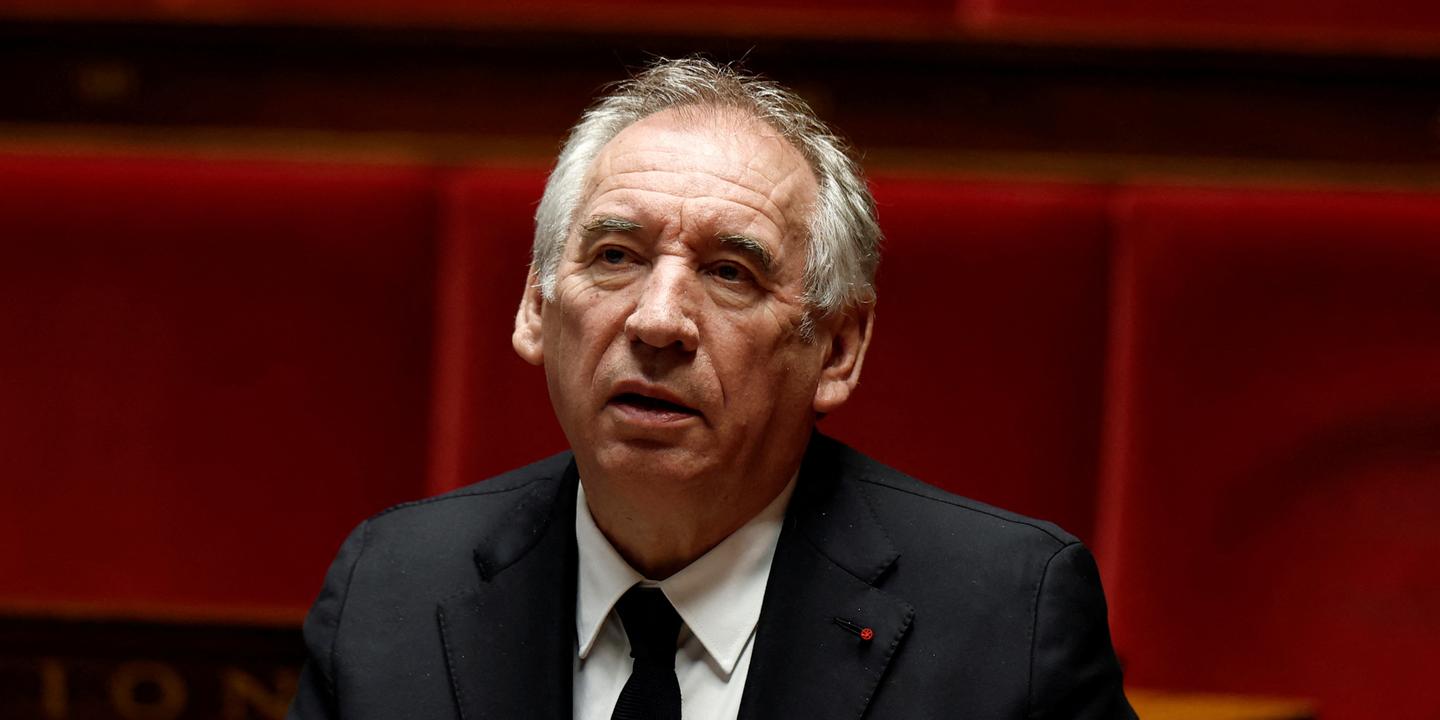French PM Bayrou Faces No-Confidence Vote Amid Marathon Talks
French Prime Minister François Bayrou faces a likely defeat in a no-confidence vote following marathon talks with opposition parties over his unpopular austerity budget, threatening both his government and France's political stability.

French Prime Minister François Bayrou is on the brink of losing a crucial no-confidence vote in parliament, a move that could collapse his minority government and plunge France into fresh political turmoil. The vote, scheduled for September 8, comes after Bayrou himself called for the test in an attempt to resolve a deepening standoff over his 2026 austerity budget plan.
Bayrou's Gamble and the Budget Standoff
Bayrou, appointed by President Emmanuel Macron less than a year ago, has struggled to hold together a fragile coalition in a fractured National Assembly. Facing mounting debt and pressure to reduce France’s deficit from 5.8% to below 4.6% next year, Bayrou unveiled a budget plan featuring steep spending cuts and controversial proposals such as slashing two national public holidays, including Easter Monday and the May 8 WWII commemoration. He has framed these sacrifices as essential for France's future, but opposition parties and much of the public have denounced the measures as overly harsh and socially unfair.
Marathon Talks and Widespread Opposition
In the days leading up to the vote, Bayrou embarked on a marathon series of meetings with leaders from across the political spectrum, hoping to secure enough support to survive the challenge. Despite talks with the Communist Party, centre-left Place Publique, the far-right National Rally (RN), the conservative Republicans (LR), and his own governing bloc, opposition remains steadfast. The Greens and the hard-left France Unbowed refused to participate in the talks, calling them pointless, while the Socialists, after meeting Bayrou, reiterated their intention to vote against him. Even within Bayrou’s camp, cracks have emerged, with some conservative MPs and the influential LIOT group signaling their opposition.
Political Fallout and Uncertain Scenarios
If Bayrou loses the vote—a result widely expected by analysts and confirmed by public polling—he and his cabinet will be forced to resign, leaving the government in caretaker mode. President Macron would then face a series of fraught options: appointing a new prime minister from his own ranks, seeking a coalition with another party, or even assembling a technocratic cabinet. However, in a deeply divided parliament, any successor could quickly face another no-confidence vote. Far-right and left-wing leaders, such as Marine Le Pen and Olivier Faure, have called for snap legislative elections, while the hard left has even suggested Macron himself should resign, a step he has repeatedly ruled out.
Public Discontent and the Road Ahead
Bayrou’s push for drastic fiscal reforms has sparked widespread public anger, with recent polls indicating that seven out of ten French citizens want him to lose the confidence vote. Trade unions and opposition groups have announced mass protests for later in September, underscoring the social tensions provoked by the austerity measures. Justice Minister Gerald Darmanin and other government figures have warned that the crisis risks undermining the stability of France’s political institutions, with comparisons drawn to the chronic instability of the country’s Fourth Republic.
As the decisive vote approaches, Bayrou’s marathon negotiations have failed to break the deadlock. Unless a dramatic shift occurs, France appears set for a new phase of political uncertainty, with the fate of its leadership—and its fiscal future—hanging in the balance.